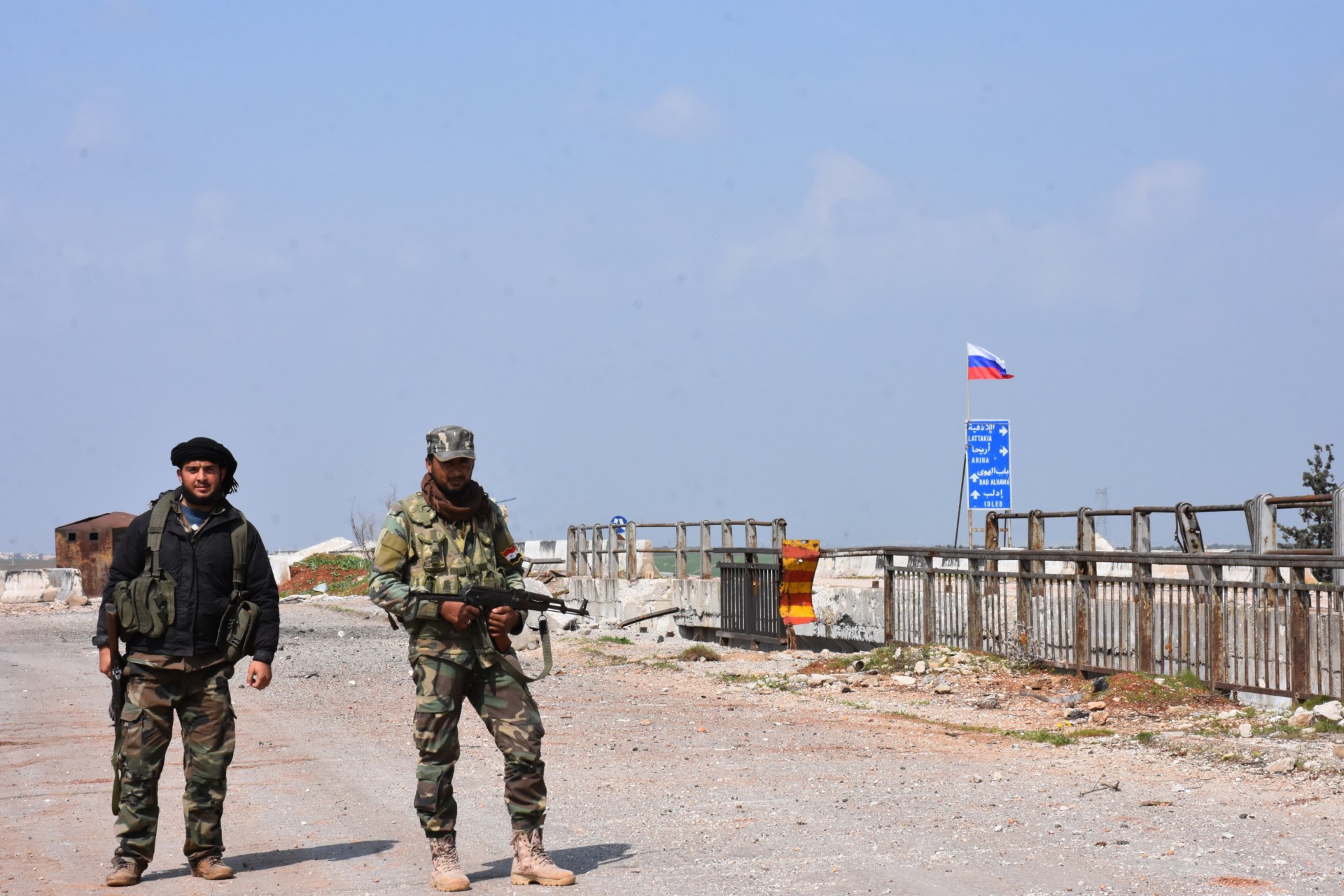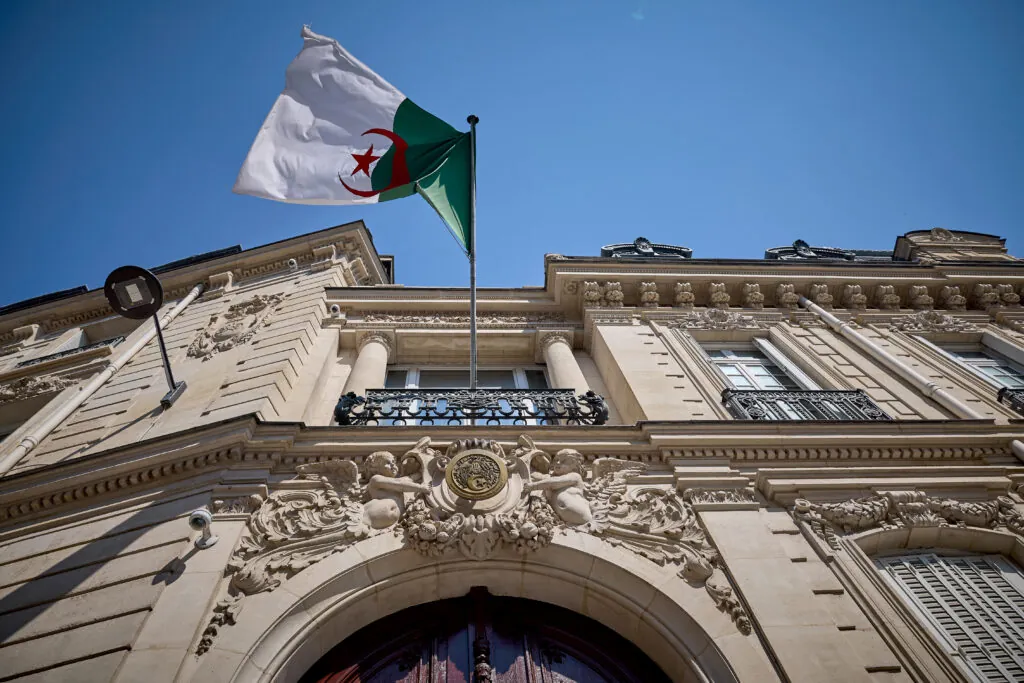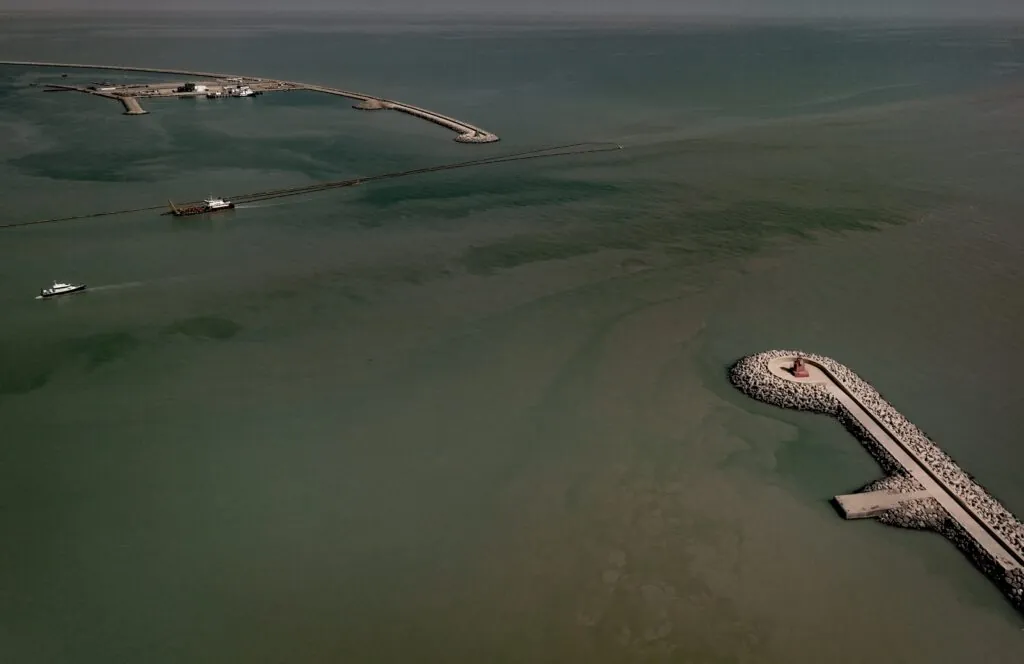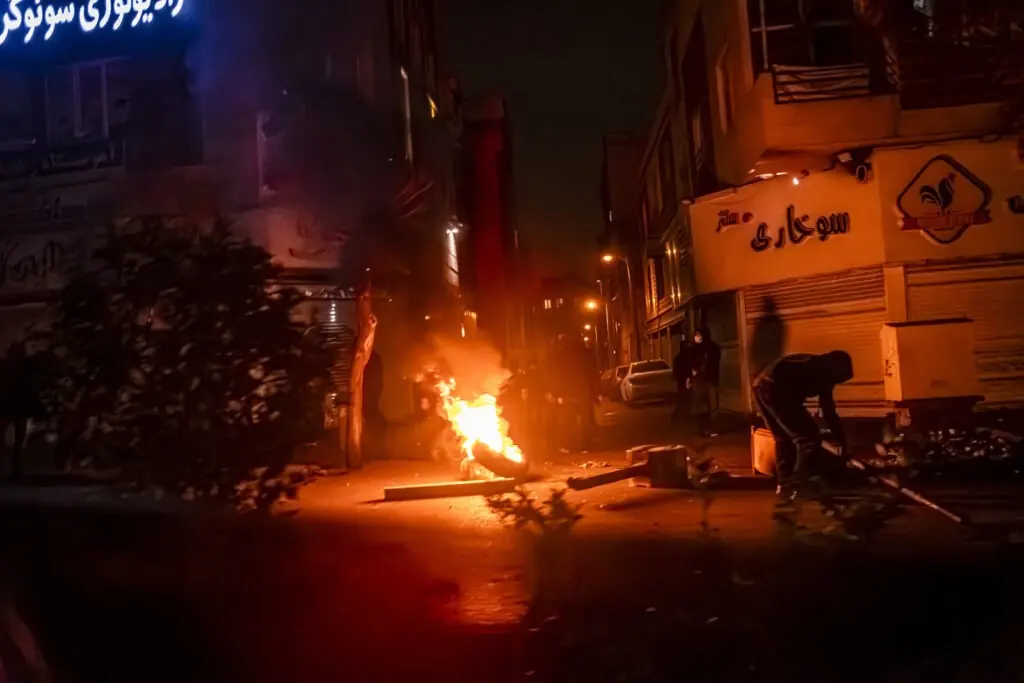
Hezbollah Sees an Opportunity in COVID-19
Hezbollah has deployed thousands of medical professionals across Lebanon to help the Ministry of Health fight the spread of the coronavirus. The effort is a shrewd one, helping soften the divisive party’s image among its rivals and position it for increased political control over the country.
To most Lebanese, the COVID-19 pandemic has been a nightmare, but Hezbollah has been quick to see it as a blessing in disguise. The health crisis has helped rebrand the party as service-oriented and serving all Lebanese, not just Shiites. By marrying control of key government bureaucracies with the party’s organizational sophistication, Hezbollah has made health care a powerful weapon in Lebanon, winning minds and hearts and offsetting Hezbollah’s fears of exposing Lebanese healthcare institutions, personnel, and commercial partners to international sanctions.
During the last week of June, a video went viral on social media networks showing Lebanese Health Minister Hamad Hassan raised shoulder-high by residents of the town of Baalbek in the Bekaa Valley. Hezbollah appointed Hassan, and Baalbek is a traditional bastion for the party. Hezbollah supporters marketed the video as evidence of how successful the party has been at combating COVID-19. Days later, the Hezbollah-backed premier, Hassan Diab, announced that Lebanon was one of the few countries to have “succeeded” in combating the virus. Hezbollah is crediting itself with any success, real or imaginary, against the pandemic.
Hezbollah’s New Focus
Until the recent Hezbollah-endorsed cabinet was formed in January 2019, the Health Ministry was frequently tossed around between political parties. It carried neither the power of the Interior Ministry nor the prestige and exposure of the Foreign Ministry, explaining the relative lack of interest from all major players. The portfolio was held by the all-Shiite Amal Movement in 2011-2013 before being transferred to a Druze minister from the Social Progressive Party until 2016, when it went to a Maronite Christian from the Lebanese Forces. Over the past two years, however, it has been in the hands of Hezbollah. The party is putting its full weight behind Hassan, a university professor-turned-politician who has been at his job since January, to ensure his success in combating COVID-19.
As of July 14, Lebanon has had 2,419 infections and 36 deaths from COVID-19 since the pandemic started, and as of May 22 the ministry had tested approximately 60,000 people for the disease — around 1% of Lebanon’s population, or around 10,000 tests for every million residents. That’s impressive when compared to a country like neighboring Syria but less so in comparison to more stable Arab countries like the United Arab Emirates, which has a testing ratio of 100,000 per million.
Since the end of the civil war, certain cabinet portfolios in Lebanon have been earmarked for specific groups, like the Interior Ministry, for example, which always went to Sunni Muslims, or the Defense Ministry, which has been exclusively reserved for Lebanese Christians. Hezbollah was a relative latecomer to cabinet office, seeing little need to claim specific portfolios for its members, given that it was already running a state-within-a-state in Lebanon, commanding an arsenal that made it a formidable player in Lebanese domestic politics, regardless of what cabinet portfolios it was holding. Last year, it got the less-important posts of sports and parliamentary affairs. All prime ministers, even those who were pro-West, had to include a clause in their cabinet formations pledging to “protect” Hezbollah’s right to have an autonomous militia. Otherwise, Hezbollah would vote against them in Parliament or use its weapons to out-muscle them all, like it did with former Prime Minister Fouad Siniora in 2008.
By creating both crises and opportunities, COVID-19 has awakened Hezbollah’s appetite for permanent government office, especially in light of American sanctions on Iran and Syria, which seem to have affected the party’s regular cash flow from Tehran. Hezbollah already dominates the presidency through its ally Michel Aoun and Parliament through its long-time friend Nabih Berri, and the current prime minister was brought to office with Hezbollah’s blessing seven months ago. The party seems to have chosen to work through a proxy at the Health Ministry, possibly fearing that if they assumed the job directly, it could expose the entire Lebanese health sector to U.S. sanctions.
Hezbollah’s Medical Arsenal
Over the past month, the party has unleashed a new arsenal — not of rockets and missiles, but of 20,000 health care workers, dispatched throughout the country to help the Health Ministry fight the pandemic. Additionally, 1,500 Hezbollah doctors and 3,000 nurses have been sent to the areas in need of medical assistance. The party has also allocated 32 of its medical centers in south Lebanon to cater to COVID-19 patients, although the official treatment remains exclusively at the state-run Rafik al-Hariri Hospital. In the spring, Hezbollah transformed a compound in southern Lebanon into a quarantine center; it has been put at the disposal of the Ministry of Health. The Health Ministry sends daily meals to patients in quarantine, courtesy of Hezbollah’s ally, the Amal Movement. Meanwhile, Hezbollah personnel have been active in helping to sterilize their neighborhoods in south Beirut, relieving the Health Ministry of that burden.
Hezbollah chief Hasan Nasrallah has openly said that China is willing to do business with a Hezbollah-led Lebanon, offering an alternative to traditional partners like Saudi Arabia and France. While it serves Nasrallah politically to exaggerate the Chinese alternative to Western support, Beijing on June 11 donated 17,500 masks and 1,500 protective suits to the Health Ministry, and similar donations were registered in May from the China’s People’s Liberation Army to the Lebanese Armed Forces. This comes amidst a crippling shortage of American dollars in Lebanon, which has prevented hospitals from obtaining key medical supplies needed to combat COVID-19. The Lebanese government has owed hospitals nearly $1.3 billion in subsidies since 2011 but has repeatedly failed at making its payments. Meanwhile, in late June, Nasrallah gave a televised speech, saying, “Chinese companies are ready to bring in money. We don’t have to give them money, they will bring money into the country.” Even if no massive Chinese aid materializes, this creates options for Nasrallah’s party and resonates with an increasingly impoverished constituency.
Hezbollah is already well-versed in running hospitals, clinics, and medical centers, which previously catered only to its constituency in south Lebanon. If Chinese support comes, the party could take its services to new heights. Hezbollah’s medical network has targeted Shiites, especially the poorest and most vulnerable, who were often treated for free. The party’s involvement with medical services to Shiites has been so successful that its model has been copied in Iraq by powerful militia leader and politician Muqtada al-Sadr, who reportedly sees Nasrallah as a role model. With the entire health sector now under Hezbollah’s control, it can freely expand those services to affiliates, friends, and possibly enemies as well, in the hopes that it can polish its image across the political spectrum. Earlier in the year, the health minister visited Bcharre, a Christian town and the home of a prime Hezbollah political opponent, Lebanese Forces leader Samir Geagea, which has recently been plagued with COVID-19. The declared aim of the visit was to inspect health services in the Christian community but also to break stereotypes about Hezbollah being focused only on Lebanese Shiites.
State Breakdown
The Lebanese economy continues to crumble, fueled by a meltdown in the banking sector. Diab has little hope of unlocking the $11 billion promised to Lebanon at the CEDRE donor’s conference in France in 2018 — money that was conditional on far-reaching economic and political reforms that, if carried out, would have weakened Hezbollah’s influence and empowered the Lebanese army at its expense. Former Prime Minister Saad al-Hariri could not do it, and neither can Diab, who has no constituency behind him, no armed militia at his disposal, no political party, and he does not hail from any of the powerful hereditary families of Lebanon. But more importantly, his focus is more on staving off the country’s economic collapse than on curbing Hezbollah’s influence, which he realizes is close to impossible for someone of his limited abilities.
Diab thus has been forced to forget about CEDRE and to look elsewhere for funds. His government is now seeking $9-10 billion from the International Monetary Fund to pay salaries, estimated at $6 billion, and finance wheat importation ($110 million annually). Additionally, Diab has to find funding for medicine, which costs $1 billion annually, and petroleum ($3.7 billion). This won’t be easy after the country announced it would “postpone” payment of all local and foreign debt, a total of $90 billion, for the first time ever in Lebanon’s history. So long as Hezbollah is in power, neither the Europeans, nor the Americans or Gulf states, will pitch in. This month, reports surfaced in the Beiruti press that the IMF talks were going nowhere, after two top negotiators resigned their posts. Lebanon was simply too risky, unstable, and corrupt for the IMF to gamble with its money. Meanwhile, the number of people in poverty has risen from 50% in early 2020 to a staggering 75% today, according to Social Affairs Minister Ramzi Musharrafieh. As Beirut airport reopens this week, many Lebanese youth are standing in queues, waiting to get out of the country. More are likely to seek to emigrate in the upcoming weeks, posing the biggest brain drain challenge since the end of the civil war 30 years ago.
To most Lebanese, this is a nightmarish scenario, but to Hezbollah, it is a blessing. As the state collapses, the party can now run Lebanon freely, regardless of how bankrupt the country has become, liberated from the burden of international commitments, patronage, and pro-Western politicians critical of its conduct. As the economy crumbles, certain sectors must continue providing basic needs to ordinary Lebanese. With the COVID-19 crisis still in full swing, the Hezbollah-controlled Health Ministry is no doubt one of the most high-profile portfolios.
The views expressed in this article are those of the author and not an official policy or position of the New Lines Institute.




